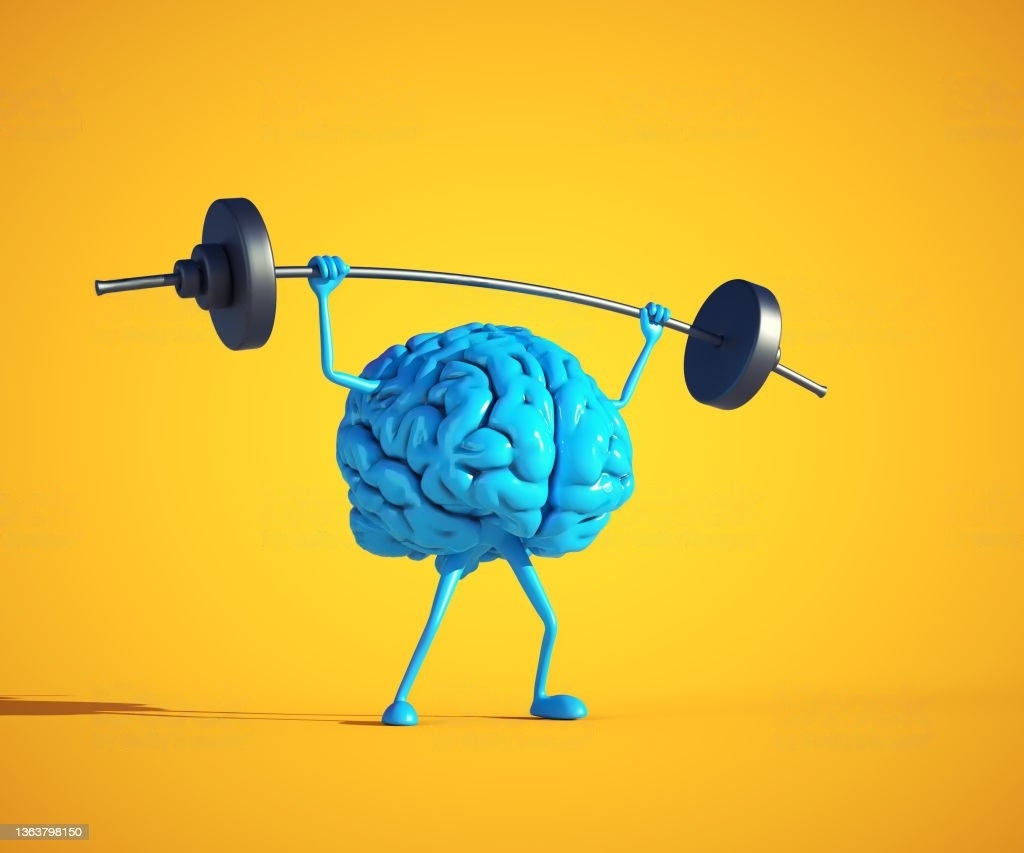In our fast-paced world, physical health often takes center stage, but we must not overlook the significance of intellectual health. Intellectual health refers to the state of one’s mind, encompassing the ability to think critically, solve problems, and engage in continuous learning and creativity.
Just like physical health, intellectual health plays a crucial role in our overall well-being and life satisfaction. In this article, we delve into the world of intellectual health, understanding its definition of intellectual health, significance, and exploring inspiring examples of individuals who have harnessed the true power of their minds.
Defining Intellectual Health
- Understanding Intellectual Health
Intellectual health goes beyond academic achievements and intelligence levels. The involves the capacity to process information, reason, and make informed decisions. People with strong intellectual health possess excellent cognitive abilities, allowing them to analyze situations objectively, grasp complex concepts, and adapt to new challenges. This mental agility fosters resilience and an open-minded approach to life.
- The Role of Intellectual Health in Overall Well-being
Just as physical health influences our ability to lead a fulfilling life, intellectual health is equally vital. Intellectual health contributes to emotional well-being, enhances problem-solving skills, and promotes self-awareness. A well-nurtured intellect enables individuals to navigate through life’s obstacles with confidence and empowers them to make positive contributions to society.
Exploring Inspiring Examples of Intellectual Health
- The Curious Genius: Marie Curie
Marie Curie, a pioneer in the fields of physics and chemistry, is an enduring symbol of intellectual prowess. Her relentless curiosity and thirst for knowledge led her to discover two radioactive elements, polonium and radium. Despite facing gender biases in academia, Curie’s passion for science and her determination to uncover the mysteries of the universe resulted in groundbreaking achievements and earned her two Nobel Prizes.
- The Renaissance Mind: Leonardo da Vinci
Leonardo da Vinci, renowned for his mastery in various disciplines, embodied the epitome of intellectual health during the Renaissance era. A painter, sculptor, inventor, mathematician, and anatomist, da Vinci’s insatiable hunger for knowledge and his multidisciplinary approach to learning allowed him to make significant contributions to art, science, and engineering that continue to inspire us to this day.
- The Visionary: Steve Jobs
Steve Jobs, the co-founder of Apple Inc., exemplified intellectual health through his innovative thinking and relentless pursuit of excellence. His visionary leadership revolutionized the technology industry, bringing about products like the iPhone and iPad that transformed the way we interact with technology. Jobs’ intellectual acumen and determination have left a lasting impact on modern society.
Enhancing Intellectual Health: Strategies for Personal Growth
- Cultivating a Curious Mind
Embracing curiosity is the first step towards enhancing intellectual health. Read widely, explore different subjects, and ask questions. Curiosity sparks creativity and stimulates the brain, paving the way for new ideas and solutions.
- Continuous Learning and Education
Learning is a lifelong journey. Engaging in continuous education, whether through formal courses, online resources, or self-study, helps keep the mind active and adaptable. It fosters intellectual growth and empowers individuals to stay relevant in a rapidly changing world.
- Critical Thinking and Problem-Solving
Developing critical thinking skills enables individuals to approach situations analytically, make informed decisions, and solve complex problems effectively. Engage in discussions, analyze various viewpoints, and challenge your assumptions regularly.
- Embracing Challenges and Failure
Intellectual health is not immune to setbacks. Embrace challenges and view failures as opportunities for growth and learning. Resilience in the face of adversity is a hallmark of a strong intellect.
Conclusion
Intellectual health is an integral aspect of our well-being and personal growth. It empowers us to lead fulfilling lives, make meaningful contributions to society, and navigate through life’s complexities with confidence. By learning from inspiring examples of intellectual health like Marie Curie, Leonardo da Vinci, and Steve Jobs, we can unlock the true potential of our minds.
Embrace curiosity, pursue continuous learning, hone critical thinking skills, and embrace challenges to enhance your intellectual health and embark on a journey of self-discovery and achievement. Remember, the power of the mind is boundless, waiting to be unleashed.

